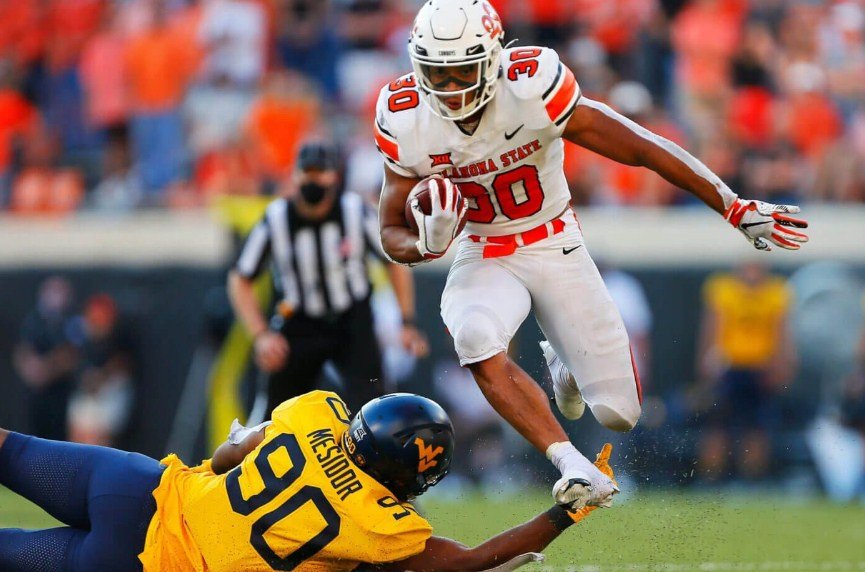What is the lawsuit about?
A new class-action antitrust lawsuit was filed against the NCAA and the five richest college sports conferences on Tuesday, seeking millions of dollars in damages for thousands of current and former Division I athletes. The lawsuit claims that the NCAA and the conferences violated antitrust laws by unlawfully restricting education-related compensation for college athletes before the Supreme Court ruled against the NCAA in the Alston case last year.
The plaintiffs are former Oklahoma State running back Chuba Hubbard, who is now with the Carolina Panthers, and former Auburn track athlete Keira McCarrell. They are represented by the same attorneys who won the Alston case, which allowed schools to provide up to $5,980 a year in academic benefits to college athletes. The lawsuit seeks triple damages for all Division I athletes who were denied those benefits from 2018 to 2020.
How many athletes are affected by the lawsuit?
According to the attorneys, at least 5,000 athletes are owed two years of back payments, but that number could climb to more than 20,000 athletes, putting the damages at a minimum of $200 million and as much as $1 billion. The lawsuit covers athletes from all sports, not just football and basketball, and includes both male and female athletes.
The lawsuit also names the Atlantic Coast Conference, Big Ten, Big 12, Pac-12 and Southeastern Conference as defendants, arguing that they conspired with the NCAA to enforce the illegal rules. The lawsuit alleges that the NCAA and the conferences have “reaped enormous profits from the hard work, sacrifice, and dedication of these college athletes” while depriving them of their “fair share of the revenues generated by their talents.”
What is the NCAA’s response to the lawsuit?
The NCAA did not immediately respond to a request for comment on the lawsuit, but it has previously argued that its rules are necessary to preserve the amateur status of college athletes and to maintain a level playing field among schools. The NCAA also said that it has made significant changes to its policies since the Alston ruling, such as allowing athletes to earn money from their name, image and likeness (NIL).
However, the attorneys for the plaintiffs said that the NCAA’s reforms are not enough to compensate for the past harm done to the athletes. They also said that the NCAA’s NIL rules are still restrictive and subject to legal challenges. “This is another way to bring justice to the NCAA victims,” said Jeffrey Kessler, one of the lead attorneys.

